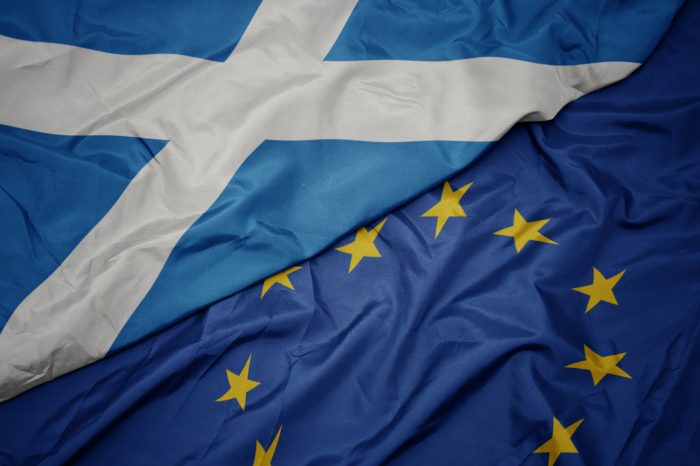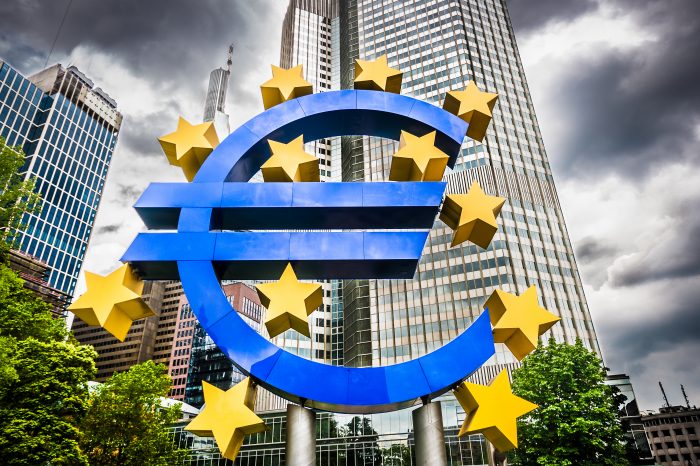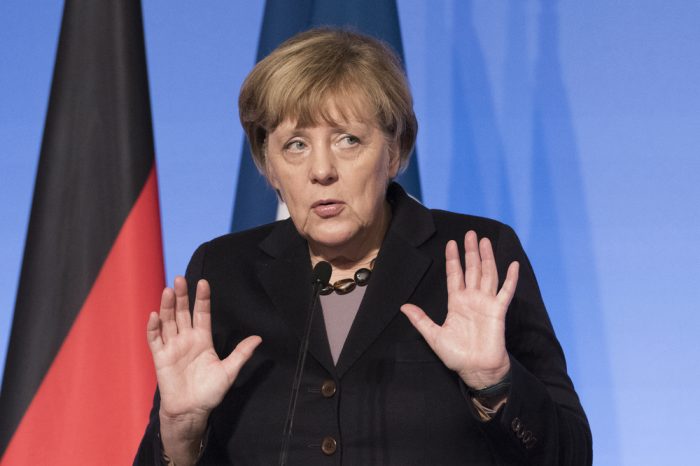Europe’s woes
It is now six months since elections to the European Parliament returned the highest percentage ever of EU-critical MEPs of varying hues. Since then, for the UK electorate, the focus has been on UK withdrawal and the torrid time David Cameron has had to endure. He opposed the nomination of Jean-Claude Juncker as president of the European Commission but found no real allies, he lost two MPs to UKIP and then lost the resultant by-elections. A former Cabinet minister has called for him to invoke Article 50 and begin the withdrawal process and his speech on immigration went down like a lead balloon. With so much happening so quickly on the debate about our future relationship with the EU, it has been easy to overlook a number of developments across the Channel.
When we do so, the picture is quite alarming. “Sooner or later, there won’t be a Europe to be part of” wrote Jeremy Warner in a rather apocalyptic piece in the Daily Telegraph last month. “It’s not a question of in or out, but of whether Britain can avoid the flames of destruction”, he continued. “Politically and economically, Europe is sinking fast.”
The economic data make grim reading. Deflation is entrenched in six Eurozone members – Greece, Cyprus, Slovenia, Slovakia, Spain and Portugal. Belgium and Italy are in danger of joining the club, especially given the recent and ongoing fall in commodity prices. Unemployment, particularly youth unemployment, remains stubbornly high. It may have fallen in Spain recently, but this is as much due to emigration of younger workers as to any real improvement in the economy.
The cutbacks imposed by the “troika” – the European Central bank, the European Commission and the International Monetary Fund – have been imposed on countries which are still struggling to pull themselves out of the Great Recession which began six years ago. Incredibly, in spite of the resentment this has generated across “Club Med”, the Eurozone has held together. “Grexit” was averted in 2012 and talk of other countries leaving has faded away. Significantly, during the height of Greece’s problems, it has recently been revealed that the Dutch Government conducted a study into the costs and practicalities of bringing back the Guilder.
Will it ever be dusted off the shelves? Who knows. If elections were held today in either the Netherlands and France, the parties currently registering the largest support in both these countries – Geert Wilders’ PVV and Marine le Pen’s Front National, – have talked of leaving the EU. Spain, which appeared to take the Troika’s medicine without complaint has recently spawned a left-of-centre anti-austerity protest party Podemos, which has seen spectacular growth in the space of less than 12 months it has been in existence. In Greece, another left-of-centre anti-austerity party, Syriza, has topped a number of recent opinion polls. Both these parties loudly assert their pro-EU credentials, but were either of them to be elected to government and to tear up the agreements with the troika, the consequences would be very unpredictable. Meanwhile, Germany’s anti-euro party Alternative für Deutchland, rises higher and higher in the polls. The German mainstream parties, both on the centre left and centre right, look with horror on this party which is challenging EU orthodoxy in its very heartland, but for how much longer will they be able to shun any sort of coalition with AfD and dismiss them as “a people locked into the past?”
Meanwhile, outside the Eurozone, the Swedish government has collapsed after only two months in office when the anti-immigration Sweden Democrats (Sverigedemokraterna) voted with the mainstream opposition to defeat the government’s budget.
All this only six months after the European Parliamentary elections and the record number of MEPs either committed to outright withdrawal or else hostile in varying degrees to the Single Currency or further integration. The response by the mainstream political groups to the rise of such parties was to coalesce around a candidate for President of the European Commission, Jean-Claude Juncker, who epitomises everything the assorted protest parties dislike about the EU. It is as if they were saying “Blow the electorate; let’s carry on with business as usual.”
As the Eurozone limps from crisis to crisis, the reverberations are being felt across the whole EU. Forget the upbeat media reports about the Eurozone’s alleged “recovery”. “Business as usual” may not be an option for much longer.







